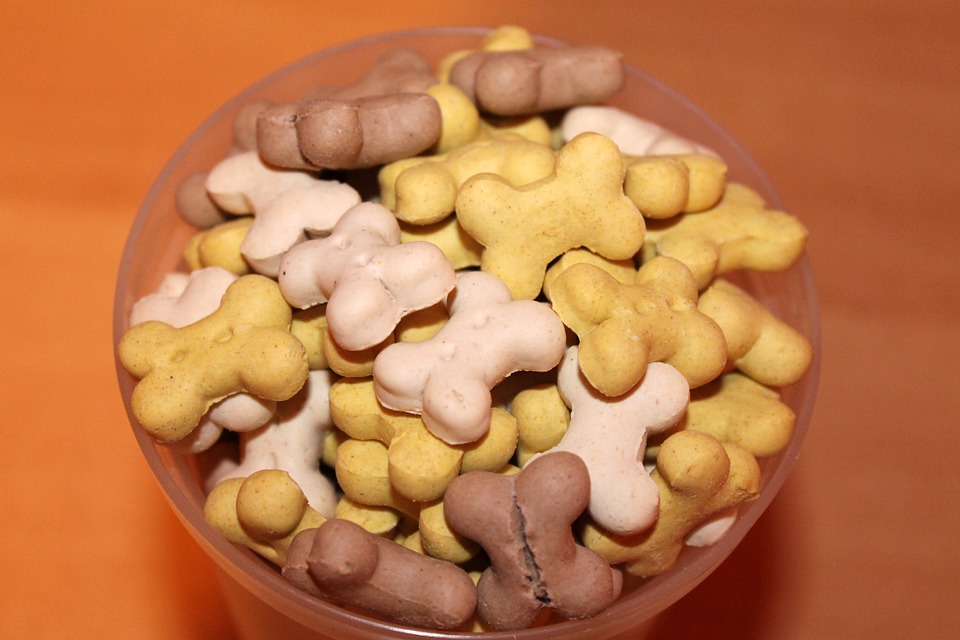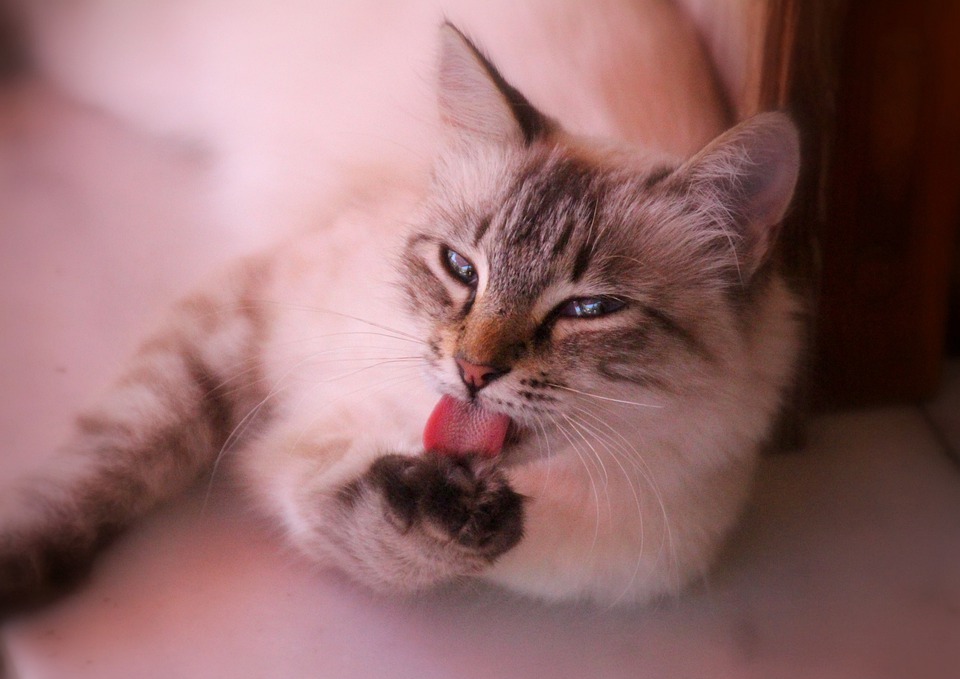Cats licking you is a common behaviour that many cat owners experience. But why do they do it? It’s not always obvious, and the reasons can be surprisingly complex. This article delves into the fascinating world of feline grooming, exploring the various motives behind cats licking their human companions. We'll unravel the mysteries behind this affectionate behaviour, from instinctual grooming to emotional expressions.
Part 1: Understanding the Feline Tongue

1.1. The Anatomy of a Cat's Tongue
A cat's tongue is a fascinating tool. It's covered in tiny, backward-facing spines called papillae. These papillae are made of keratin, the same protein that makes up our fingernails and hair. The papillae are arranged in rows, creating a rough surface that helps cats groom themselves, lick up water, and even eat.
1.2. The Function of Papillae
The papillae on a cat's tongue serve multiple functions:
Grooming: The rough surface of the papillae effectively removes loose hair, dirt, and debris from their fur.
Water Consumption: The papillae help cats lap up water by creating a capillary action. The backward-facing spines draw water towards their mouths.
Eating: The papillae help cats tear and shred meat, making it easier to swallow.
Part 2: The Instinctual Origins of Licking

2.1. Grooming Behaviour
Cats are naturally meticulous groomers. Their licking behaviour is a direct result of their strong instinct to maintain cleanliness and hygiene. Licking removes dirt, debris, parasites, and loose hair, keeping their fur healthy and preventing matting.
2.2. Motherly Care
Mother cats lick their kittens constantly. This behaviour serves multiple purposes:
Cleaning: It removes waste and dirt from the kittens' bodies.
Stimulation: It encourages urination and defecation.
Bonding: It strengthens the bond between mother and kittens.
2.3. Social Bonding
Adult cats often groom each other as a sign of affection, trust, and social bonding. This grooming behaviour helps reinforce social hierarchies and strengthens bonds within the feline community.
Part 3: Licking as a Form of Communication
3.1. Scent Marking
Licking is a way for cats to mark their territory with their scent. They have scent glands on their cheeks, chin, and paws. When they lick you, they are transferring their scent onto you, essentially claiming you as part of their territory and social group.
3.2. Expressing Affection
Cats may lick you as a way of expressing their affection for you. This is often accompanied by other signs of contentment, such as purring, slow blinking, and a relaxed body posture.
3.3. Requesting Attention
Some cats may lick you to get your attention. This can be a way of requesting food, play, or simply a cuddle.
3.4. Relieving Stress
Licking can be a displacement behaviour for cats. If they are feeling stressed or anxious, they may lick you as a way of comforting themselves. This is similar to how humans may bite their nails or twirl their hair when stressed.
Part 4: Deciphering Your Cat’s Licks: Signs and Clues
4.1. Context is King
To understand why your cat is licking you, it's important to consider the context. For instance, if your cat is licking you after a meal, they may be trying to groom you and leave their scent. If your cat is licking you after a play session, they may be expressing affection.
4.2. Body Language Speaks Volumes
Your cat's body language can provide valuable clues. If they are relaxed and purring while licking you, it's likely a sign of affection. However, if they are tense, twitching their tail, or have flattened ears, they may be feeling stressed.
4.3. Understanding Individual Personality
Different cats have different personalities. Some cats are naturally more affectionate than others. If your cat is typically a cuddler, licking is likely a sign of love. If they are more independent, they may lick you only occasionally.
Part 5: Is It Normal for Cats to Lick Their Humans?
5.1. A Sign of Trust and Bond
Yes, it's perfectly normal for cats to lick their humans. In fact, it's often a sign of a strong bond and a trusting relationship. While cats may lick their humans for various reasons, it's generally considered a positive behaviour.
5.2. Potential Health Considerations
While licking is usually a positive sign, it's important to be aware of potential health concerns. If your cat is licking you excessively, it could be a sign of stress, anxiety, or even a medical condition. Consult your vet if you have any concerns.
Part 6: How to Respond to Your Cat's Licking
6.1. Show Patience and Understanding
Remember that licking is a natural behaviour for cats. Respond to their licks with gentle strokes, reassuring words, or a calm presence.
6.2. Encourage Positive Interactions
If you want to encourage your cat to lick you as a sign of affection, try engaging in positive interactions such as play sessions, grooming, or cuddling.
6.3. Discouraging Excessive Licking
If your cat is licking you excessively or in a way that is uncomfortable, gently redirect their attention. Try offering them a toy, a treat, or a designated scratching post.
Part 7: The Language of Cat Licking: Deciphering the Subtleties
7.1. Intense Licking: A Sign of Deep Affection
Intense licking, especially when accompanied by other behaviours like kneading or purring, can be a sign of deep affection and contentment. It often indicates a strong bond between you and your cat.
7.2. Short, Quick Licks: Seeking Attention
Short, quick licks are often a way of getting your attention. Your cat may be requesting food, play, or simply a cuddle.
7.3. Gentle, Slow Licks: Expressing Trust
Gentle, slow licks are often a sign of affection and trust. This behaviour can be a way for your cat to show you that they feel safe and comfortable with you.
Part 8: The Psychology Behind Cat Licking
8.1. The Comfort and Security of Scent
Cats are highly olfactory creatures. Licking and grooming allow them to transfer their scent onto you, creating a sense of familiarity and security. This is especially important for cats who are feeling stressed or anxious.
8.2. A Form of Communication
Licking is a way for cats to communicate their emotions. They may lick you to express affection, trust, or even anxiety.
8.3. The Power of Touch
Cats are tactile animals. Licking is a form of touch that can help them to bond with their humans. It's a way of expressing physical affection and closeness.
Part 9: Understanding Common Licking Scenarios
9.1. Licking Your Clothes
Cats may lick your clothes for several reasons:
Scent Transfer: They may be trying to transfer their scent onto your clothes as a way of claiming you as their own.
Grooming: They may see loose hair or lint on your clothes and try to remove it.
Preference: Some cats simply enjoy the texture of certain fabrics.
9.2. Licking Your Hands
Cats often lick their humans' hands as a way of expressing affection. They may also be trying to groom you or get your attention.
9.3. Licking Your Hair
Cats may lick your hair for a variety of reasons, including:
Grooming: They may see loose hairs and try to remove them.
Affection: They may be expressing their affection for you.
Taste: Some cats may enjoy the taste of certain shampoos or hair products.
9.4. Licking Your Face
While some cats may lick their human's faces, it's important to keep in mind that cats can carry bacteria in their mouths. If your cat licks your face, it's best to gently discourage the behaviour.
Part 10: FAQs
10.1. Is it okay for cats to lick their humans' faces?
While some cats may lick their human's faces, it's important to keep in mind that cats can carry bacteria in their mouths. If your cat licks your face, it's best to gently discourage the behaviour.
10.2. Should I ever stop my cat from licking me?
It's usually okay to let your cat lick you, but if it's excessive or uncomfortable, gently redirect their behaviour. You can try offering them a toy, a treat, or a designated scratching post.
10.3. Why does my cat lick my hair?
Cats may lick your hair for a variety of reasons, including grooming, affection, or even a strange taste they find appealing. If your cat is licking your hair excessively, consult your vet to rule out any underlying medical conditions.
10.4. Is cat licking harmful to humans?
While cat saliva typically doesn't pose a major health risk, some individuals may be allergic to cats. If you experience any adverse reactions after your cat licks you, it's best to consult a doctor.
10.5. How can I train my cat to stop licking me?
You can't completely train a cat to stop licking you, but you can gently redirect their behaviour. If your cat starts to lick you excessively, offer them a toy, a treat, or a designated scratching post.
10.6. Why does my cat lick my hands?
Cats often lick their humans' hands as a way of expressing affection. They may also be trying to groom you or get your attention.
Everyone is watching

Are Cat Ribs Flexible? Understanding Their Anatomy
CATS & KITTENSThis article delves into the fascinating world of feline anatomy, exploring the flexibility of cat ribs and ho...

Can Cats Eat Bananas? (Everything You Need to Know)
CATS & KITTENSThis article dives into the intriguing question of whether cats can safely enjoy the sweet, yellow fruit, bana...

Cat Lifespan: How Long Do Cats Live?
CATS & KITTENSThis comprehensive guide explores the factors influencing the lifespan of our feline companions, providing ins...

Can Cats Get COVID-19? What You Need to Know
CATS & KITTENSThis article will delve into the fascinating world of feline COVID-19 susceptibility. We'll explore whether ca...

Can Cats Eat Eggs? A Complete Guide to Egg Safety for Your Feline Friend
CATS & KITTENSWhen it comes to treating our furry companions, we all want to ensure we're doing what's best for them. Eggs...
